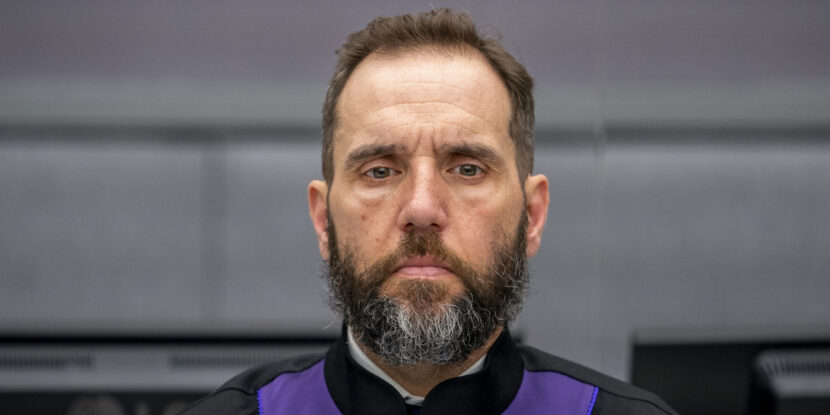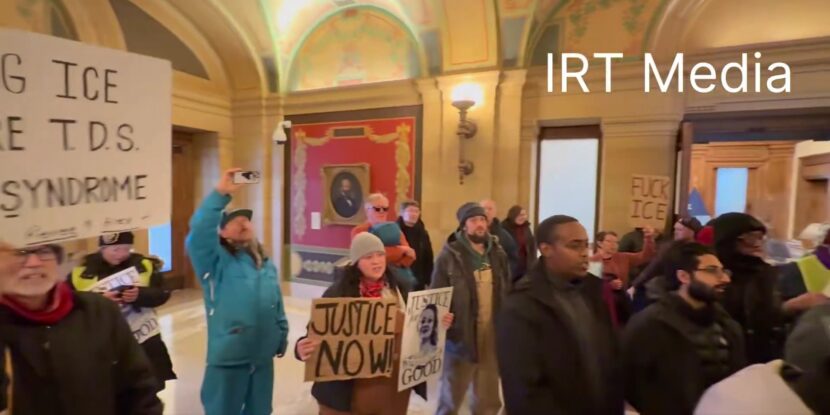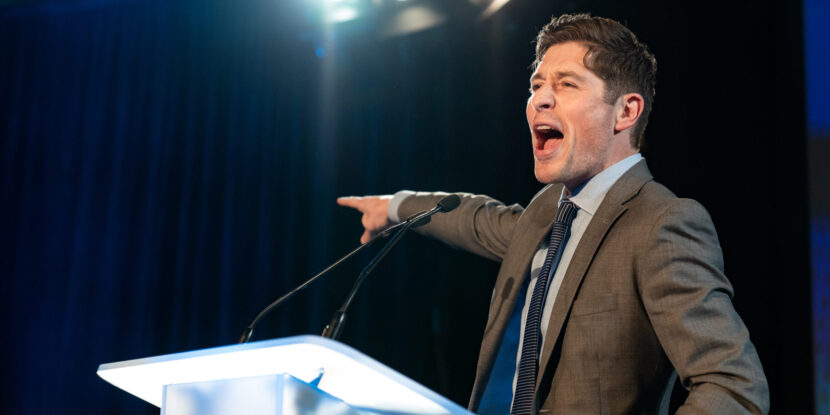The Biden-Harris Department of Justice’s (DOJ) special counsel, Jack Smith, is giving up on trying to jail President Donald J. Trump, retooling his prosecution to interfere in November’s election instead, according to one of CNN’s top legal commentators.
According to analyst Elie Honig, Smith’s 165-page legal brief against Trump’s presidential immunity claim filed in federal court earlier this week is an “unprincipled, norm-breaking” attempt to “chip away at Trump’s electoral prospects.”
“At this point, there’s simply no defending Smith’s conduct on any sort of principled or institutional basis,” Honig writes in a scathing essay for New York Magazine. The former assistant U.S. Attorney and corporate news legal commentator slams Smith’s highly politicized filing, writing: “‘But we need to know this stuff before we vote!’ is a nice bumper sticker, but it’s neither a response to nor an excuse for Smith’s unprincipled, norm-breaking practice.”
Honig notes that Smith, who has largely led the Biden-Harris government lawfare campaign against Trump, twisted U.S. legal norms to ensure his presidential immunity brief—full of salacious and partisan accusations—would be made public prior to the presidential election. The CNN legal analyst contends that the DOJ special counsel has turned criminal procedure on its head by preemptively filing the brief—with the permission of far-left U.S. District Court Judge Tanya Chutkan—before Trump’s legal team made any motions on the immunity matter. Chutkan cleared the Smith legal brief despite acknowledging in court that it was “procedurally irregular.”
‘PREJUDICIAL LEGALLY & POLITICALLY.’
“Smith’s proactive filing is prejudicial to Trump, legally and politically. It’s ironic. Smith has complained throughout the case that Trump’s words might taint the jury pool,” Honig observes, adding: “Yet Smith now uses grand jury testimony (which ordinarily remains secret at this stage) and drafts up a tidy 165-page document that contains all manner of damaging statements about a criminal defendant, made outside of a trial setting and without being subjected to the rules of evidence or cross-examination, and files it publicly, generating national headlines.”
He concludes, insinuating that Smith has likely traded the viability of his prosecution to directly interfere in the election instead: “You know who’ll see those allegations? The voters, sure—and also members of the jury pool.”




















